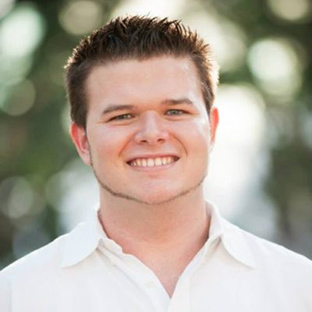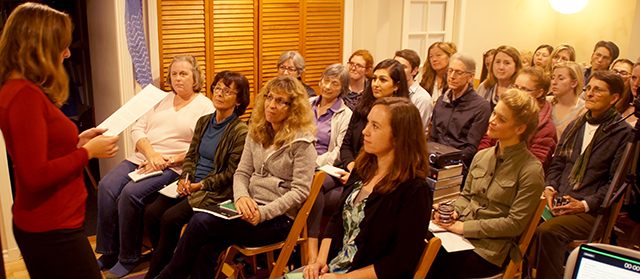FOR IMMEDIATE RELEASE
Media Contact:
Tara DiMilia, 908-947-0500, tara.dimilia@TMstrat.com
Bay Area Lyme Foundation Sees Turning Point for Lyme Disease in 2017
Organization Leaders Honored with HHS Appointment, Jane Seymour’s Open Hearts Award, Among Other Pivotal Events
PORTOLA VALLEY, Calif., December 21, 2017—Bay Area Lyme Foundation, a leading sponsor of Lyme disease research in the US, today announced that the organization granted $2 million in 2017 for Lyme research and education, and saw an increase of engagement from scientists, the government and noted celebrities. Studies funded by the foundation and published in 2017 provide significant support to the widely-debated scientific belief that Lyme bacteria persist after standard antibiotic treatment. The foundation continues to demonstrate success in bringing new scientific talent to the fight against tick-borne diseases.

 This week, we have a guest post from Daniel Lynch. Daniel Lynch is the founder of
This week, we have a guest post from Daniel Lynch. Daniel Lynch is the founder of  The following is a guest post by one of our esteemed Advisory Board members,
The following is a guest post by one of our esteemed Advisory Board members,  Lyme disease, particularly with chronic or late-stage symptoms, can be a horribly frustrating and debilitating illness.
Lyme disease, particularly with chronic or late-stage symptoms, can be a horribly frustrating and debilitating illness. 
 This week, we feature a guest post from
This week, we feature a guest post from  Lyme disease, if treated early, can usually be successfully eradicated with antibiotics. Unfortunately, as many patients know, if it is not diagnosed early, it can cause debilitating sickness and a myriad of symptoms that are much harder to treat. And not all treatments are covered by insurance, making the whole experience potentially very financially as well as physically draining.
Lyme disease, if treated early, can usually be successfully eradicated with antibiotics. Unfortunately, as many patients know, if it is not diagnosed early, it can cause debilitating sickness and a myriad of symptoms that are much harder to treat. And not all treatments are covered by insurance, making the whole experience potentially very financially as well as physically draining.